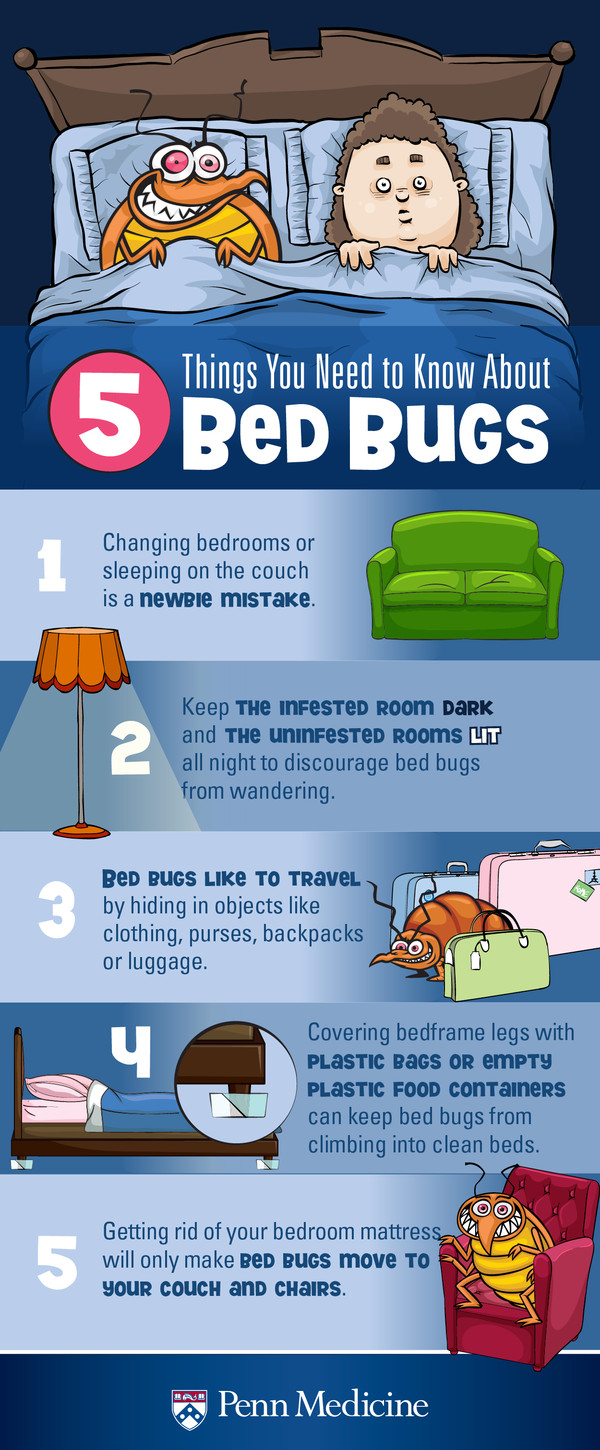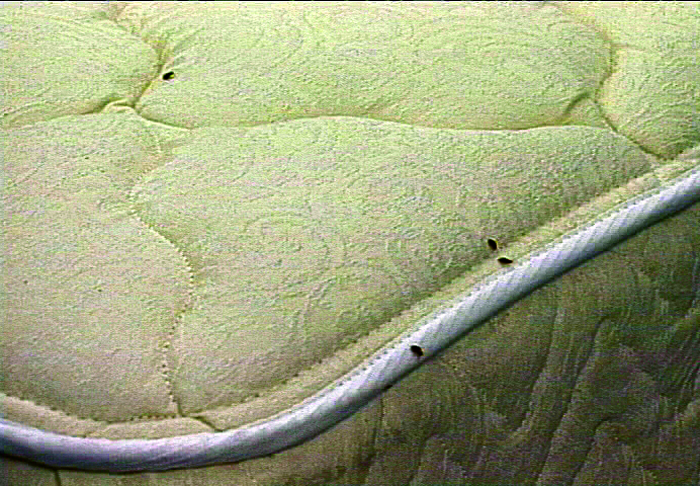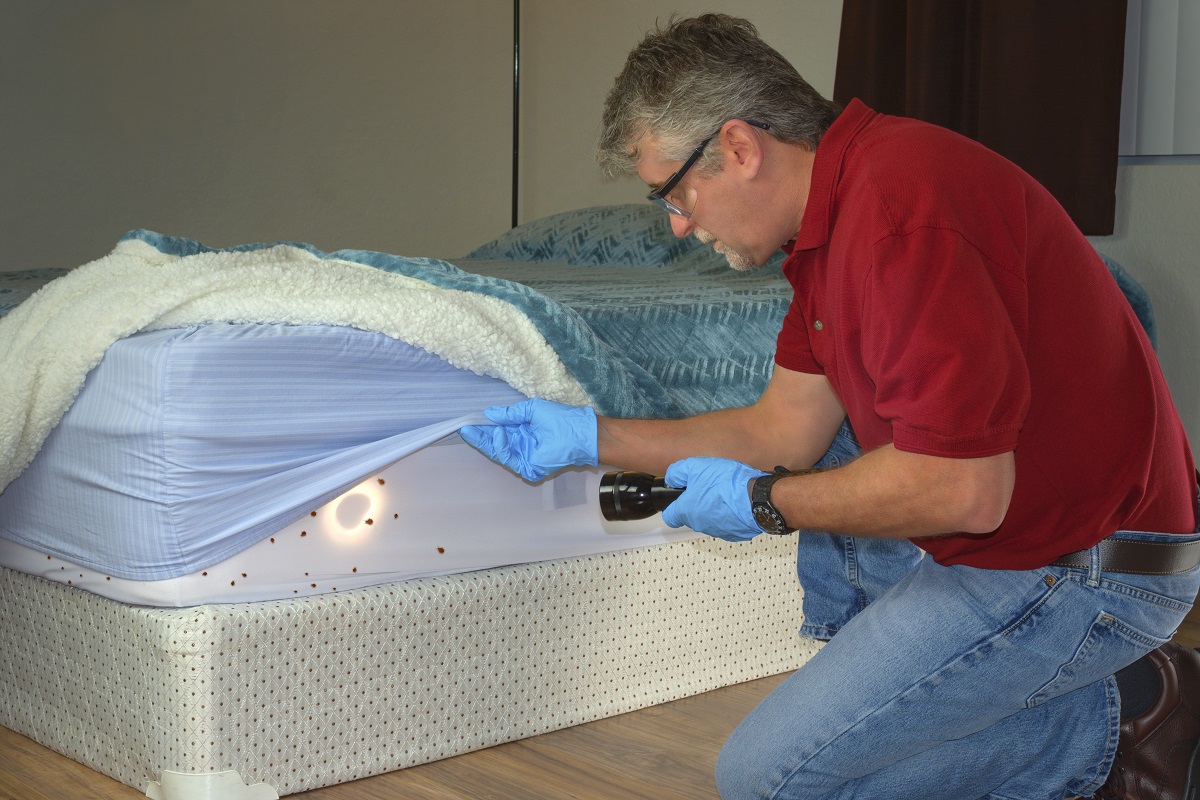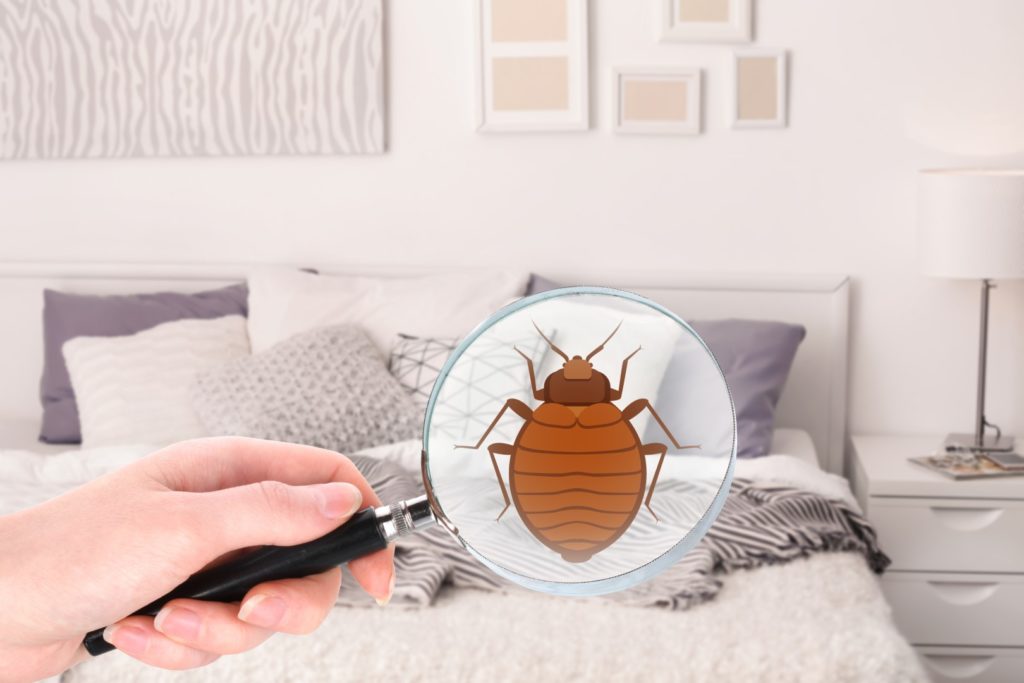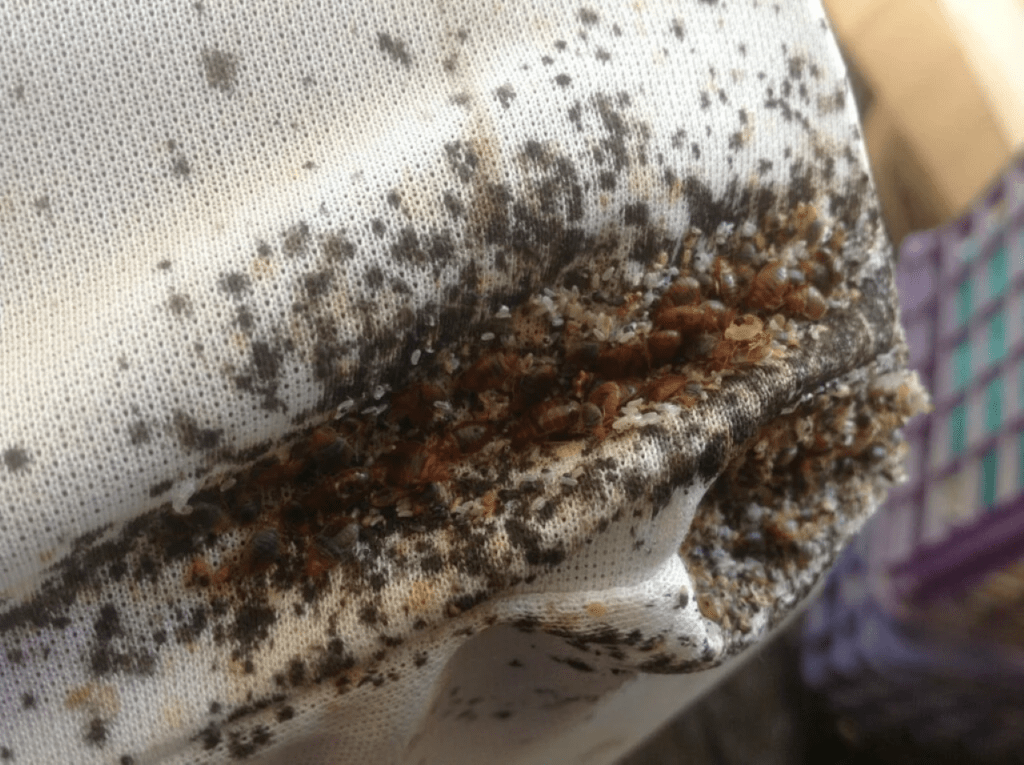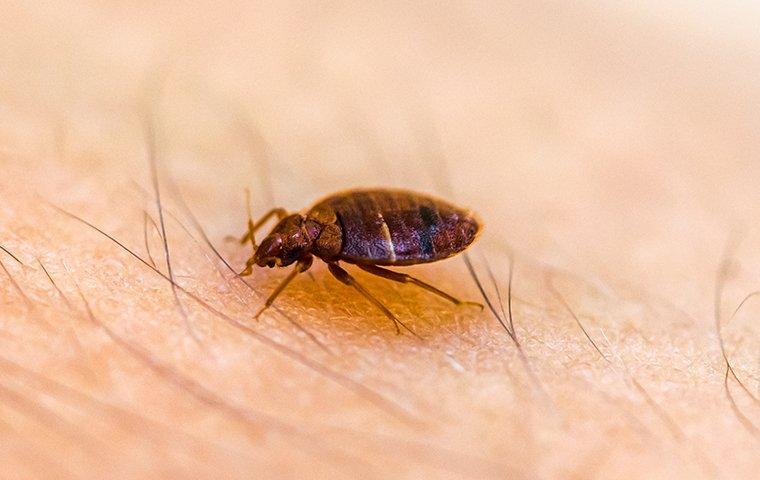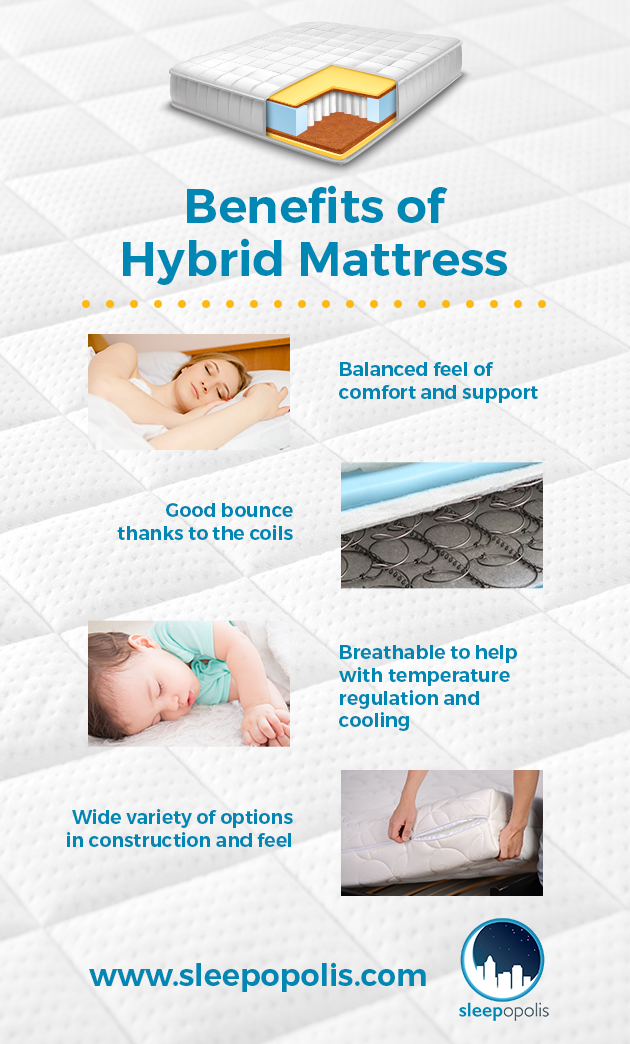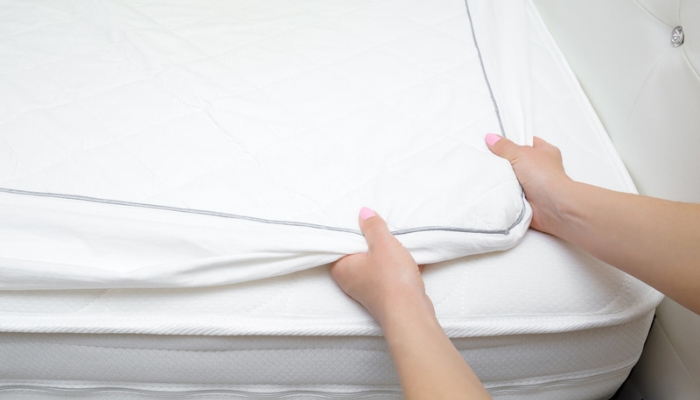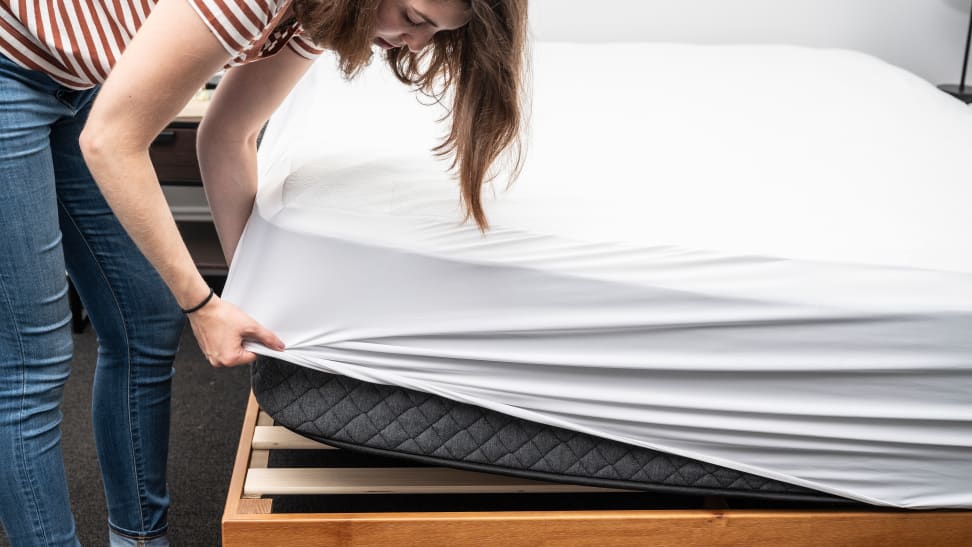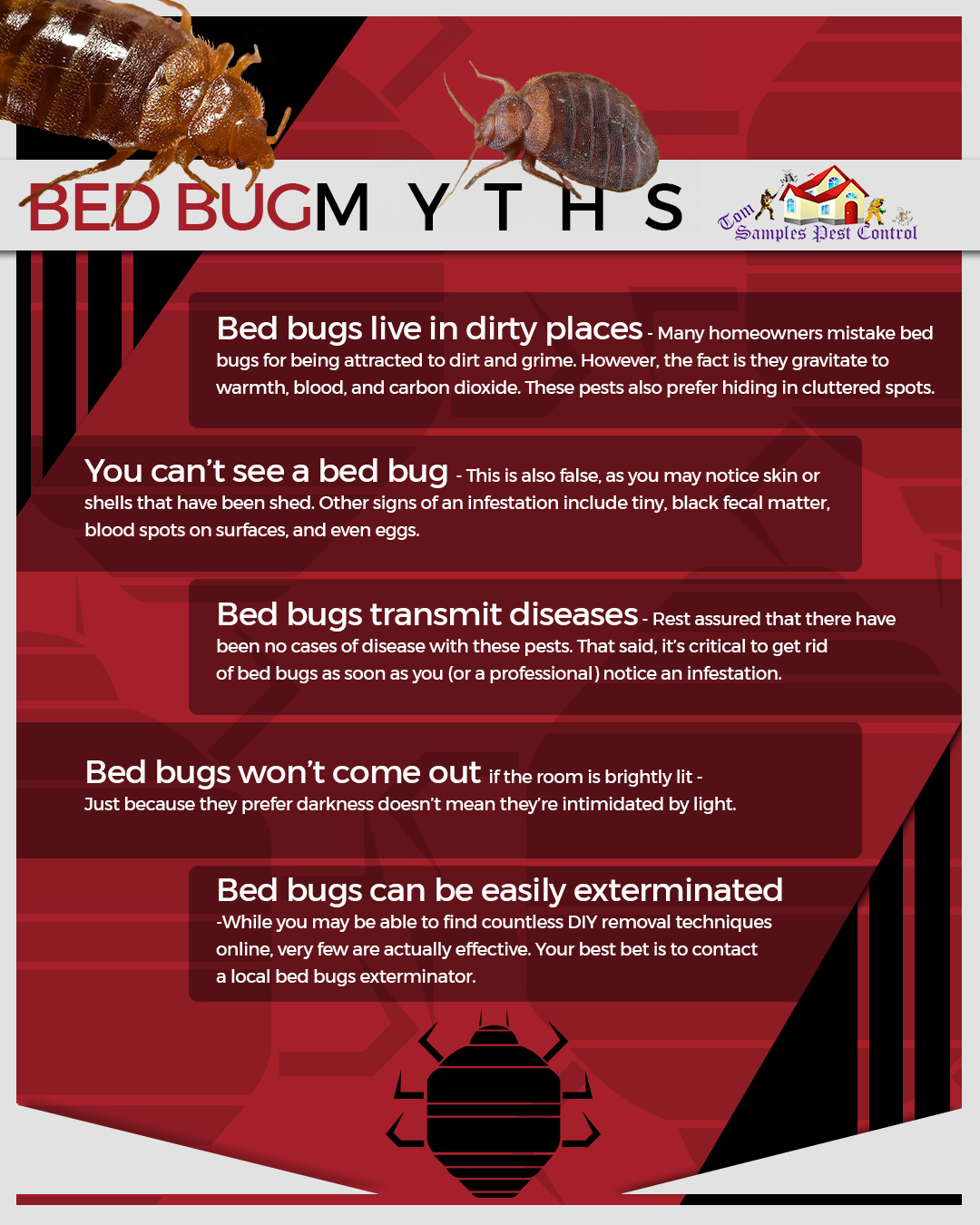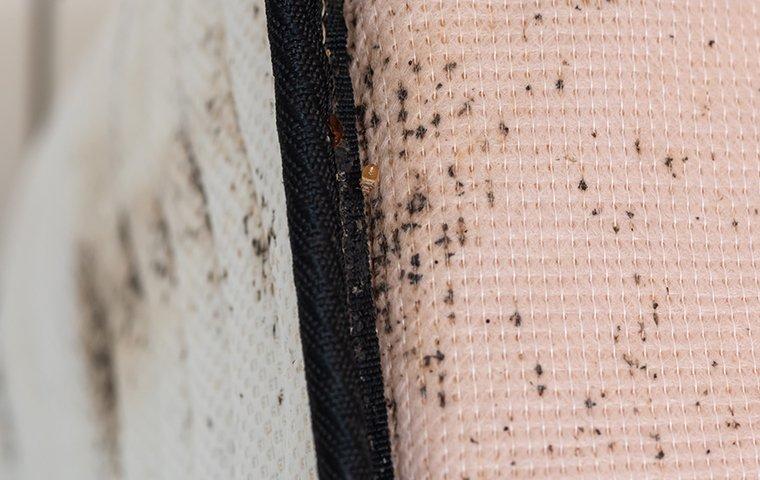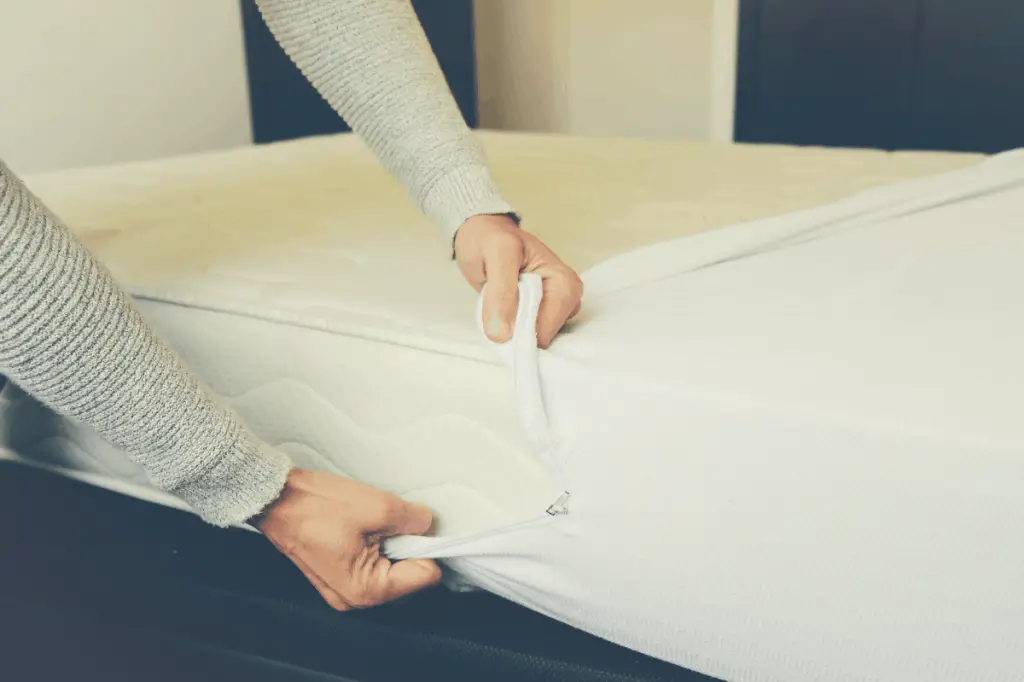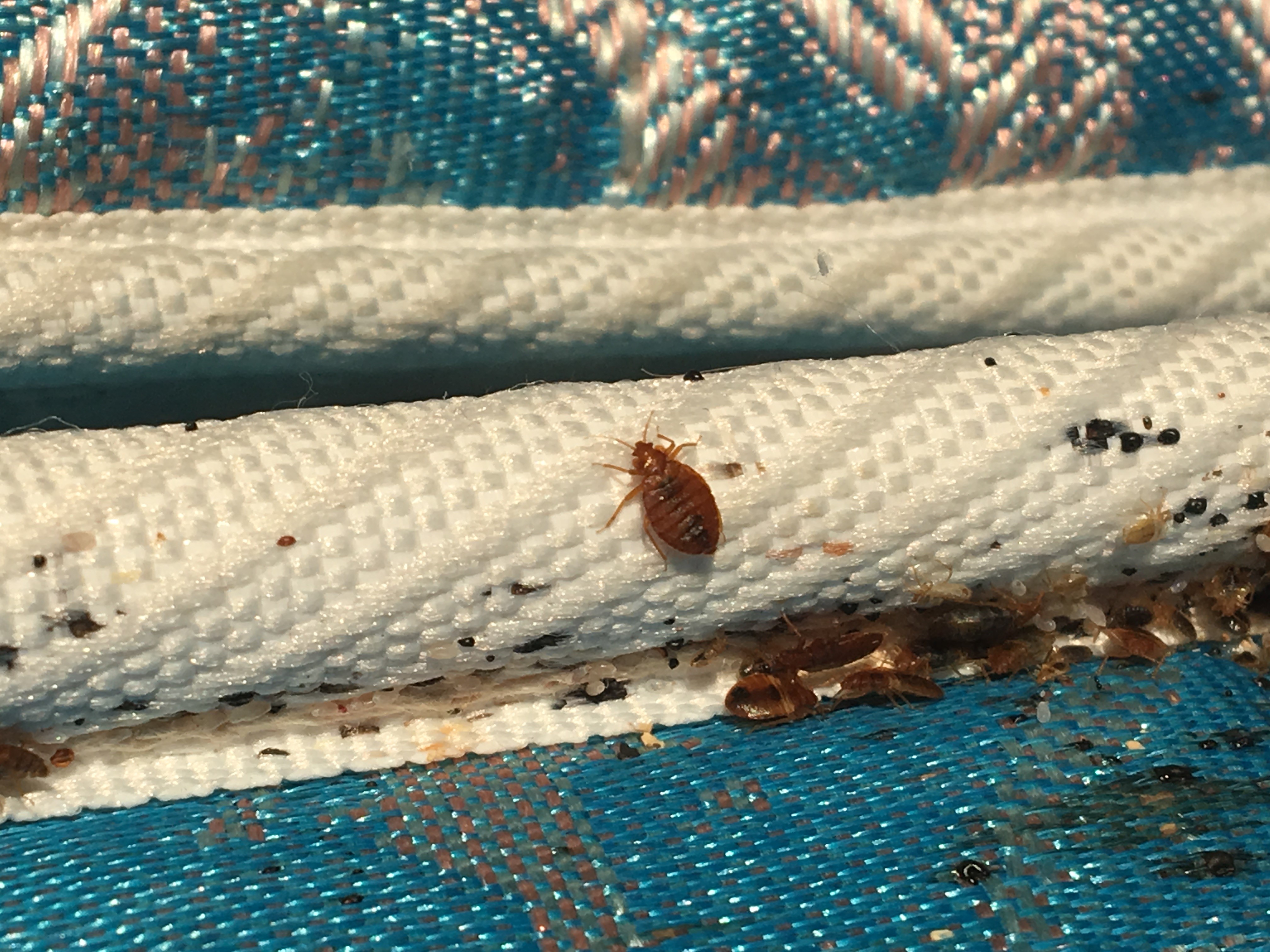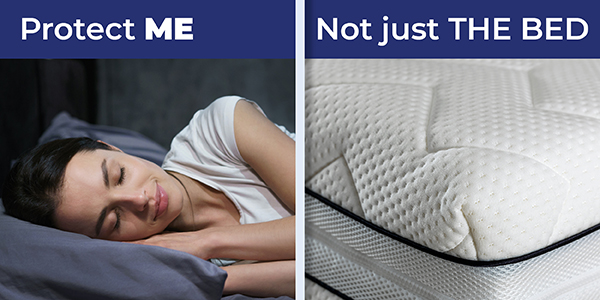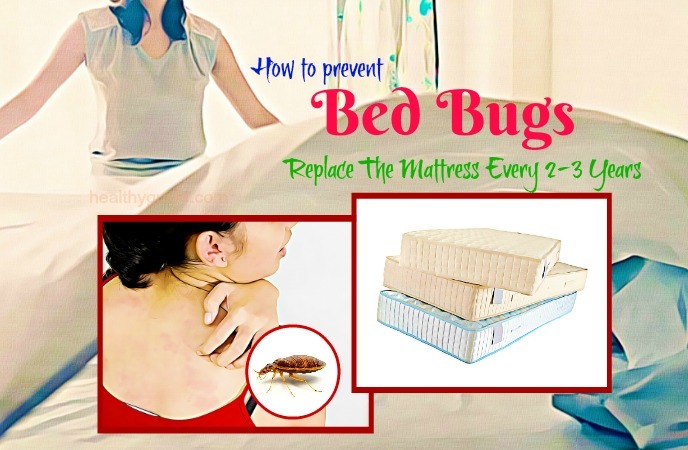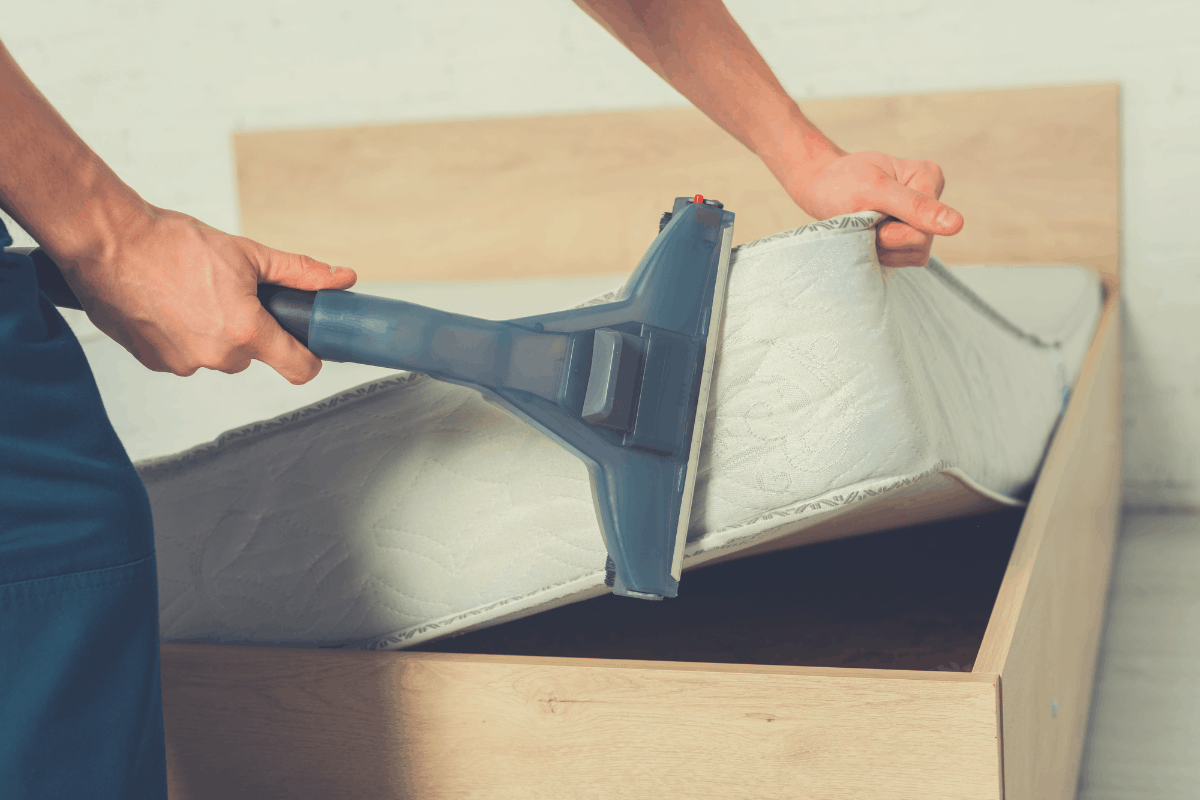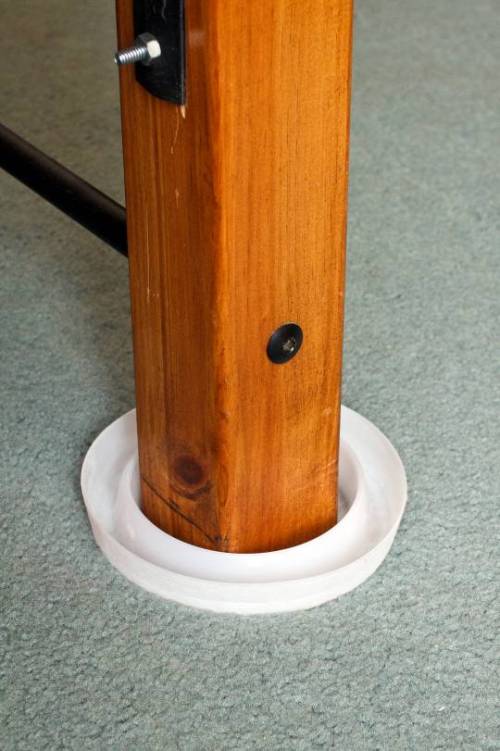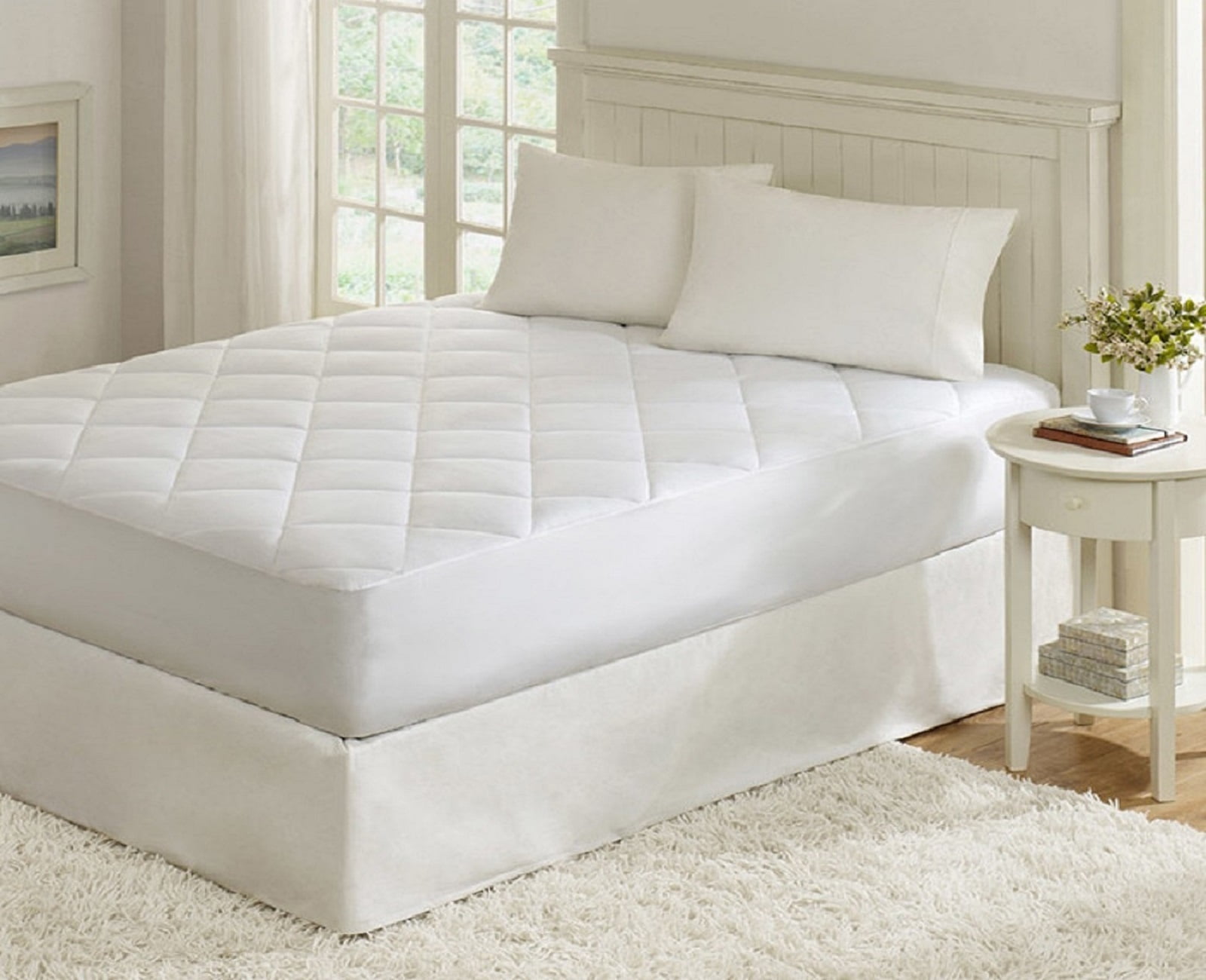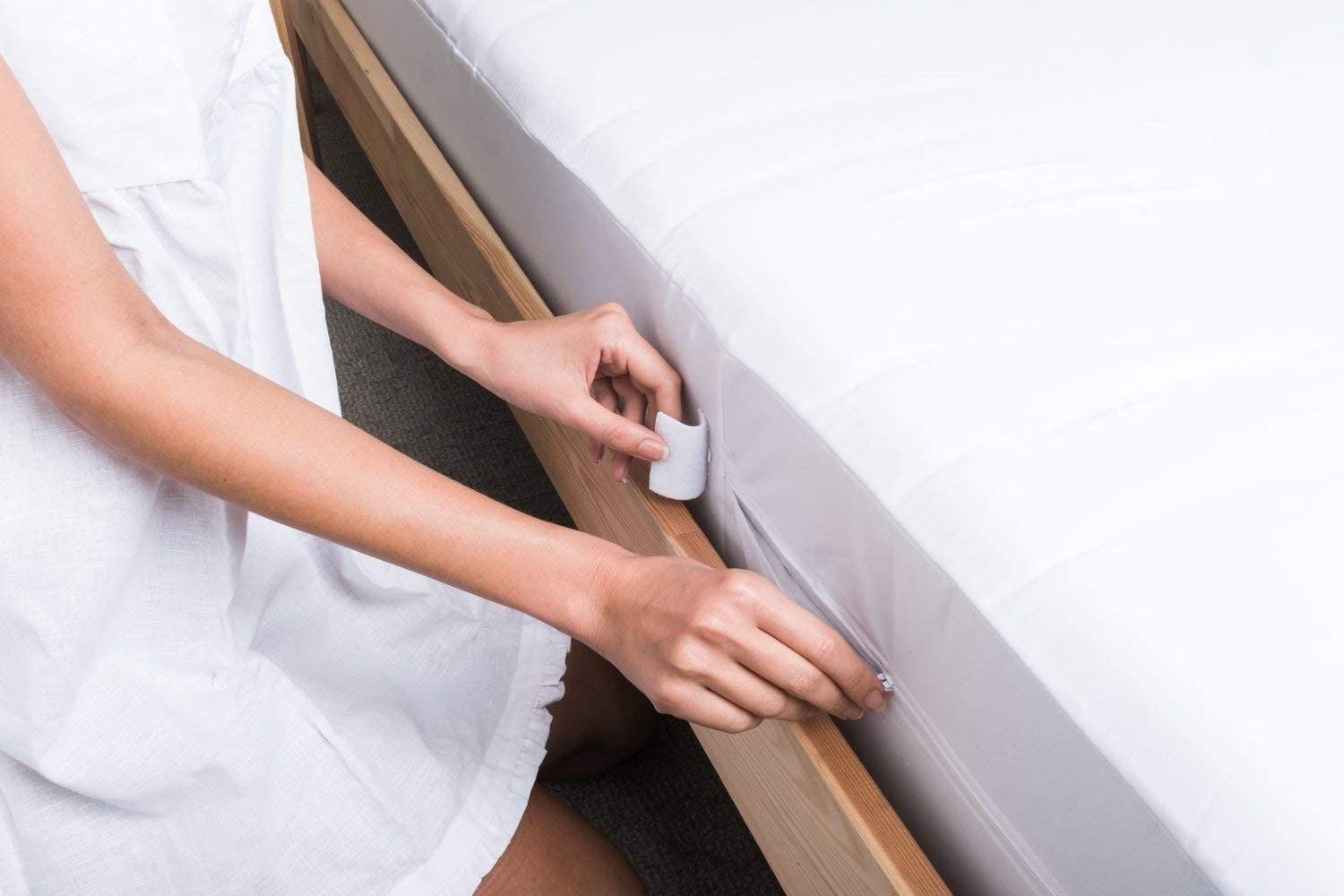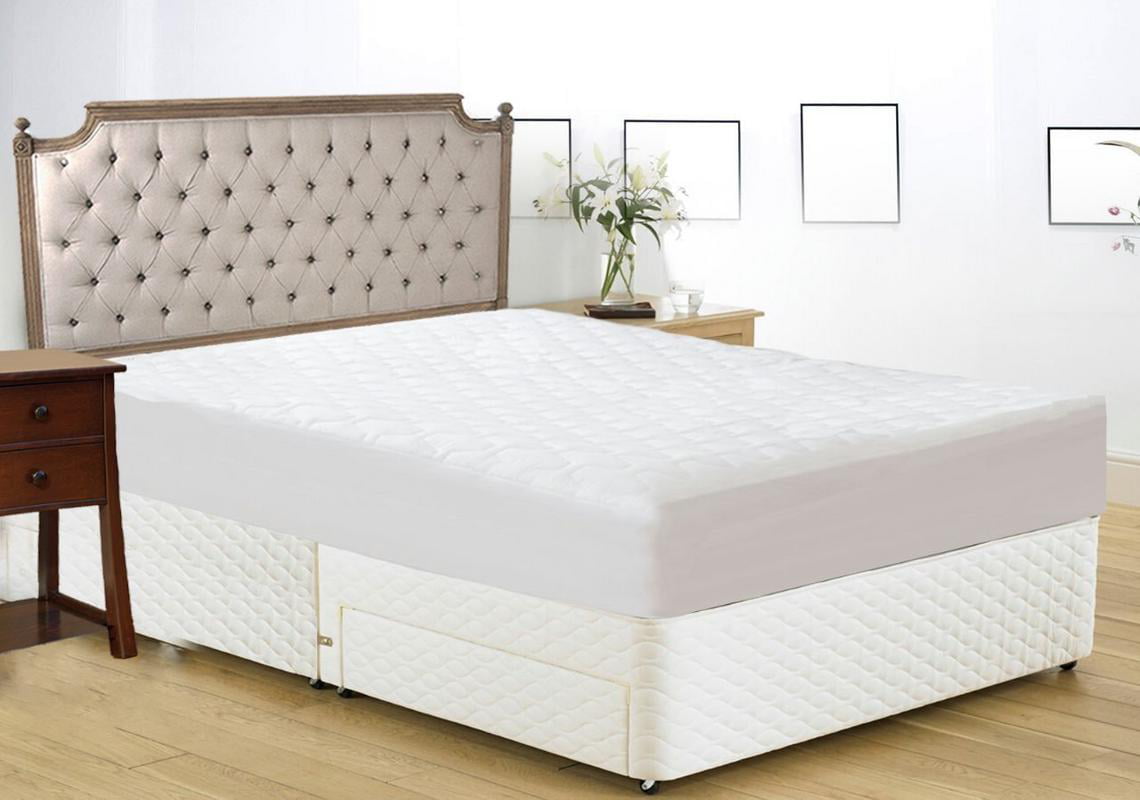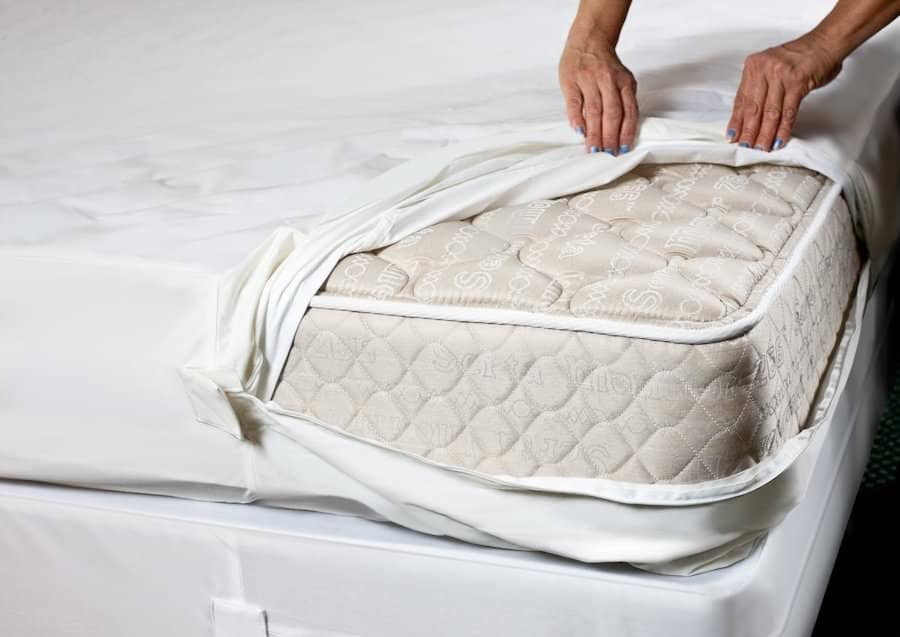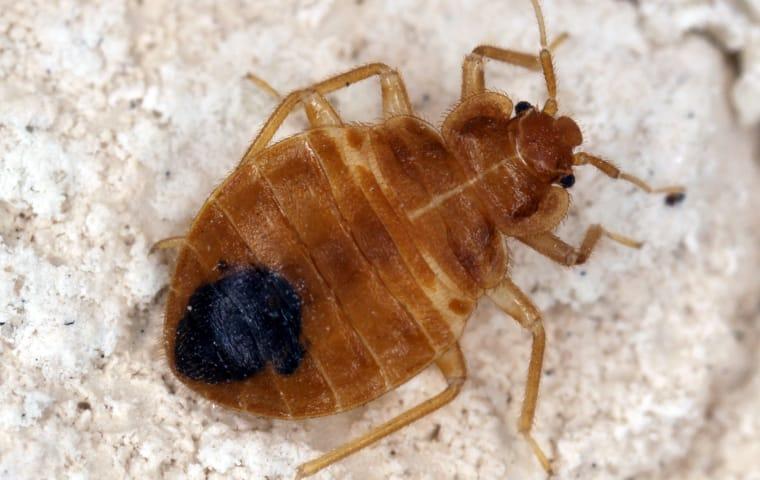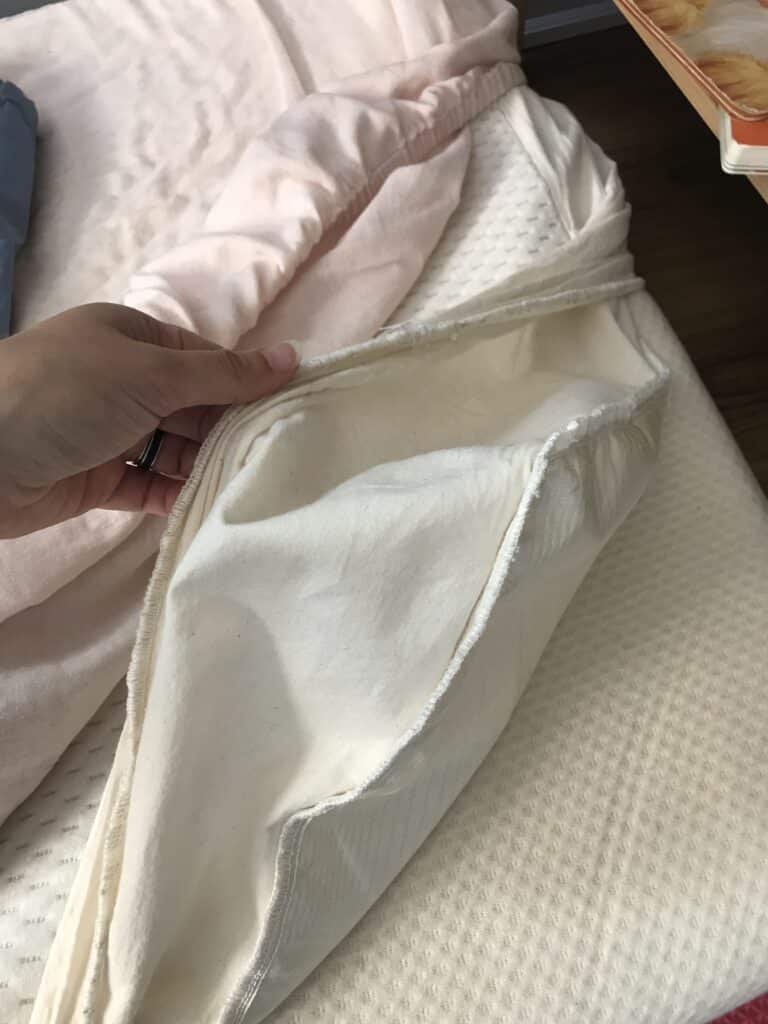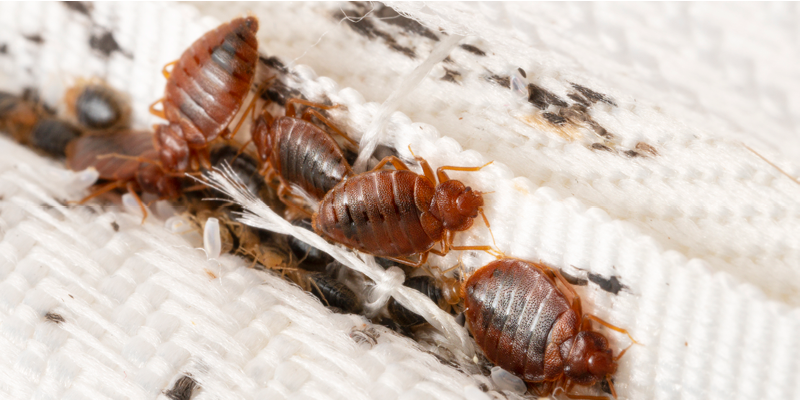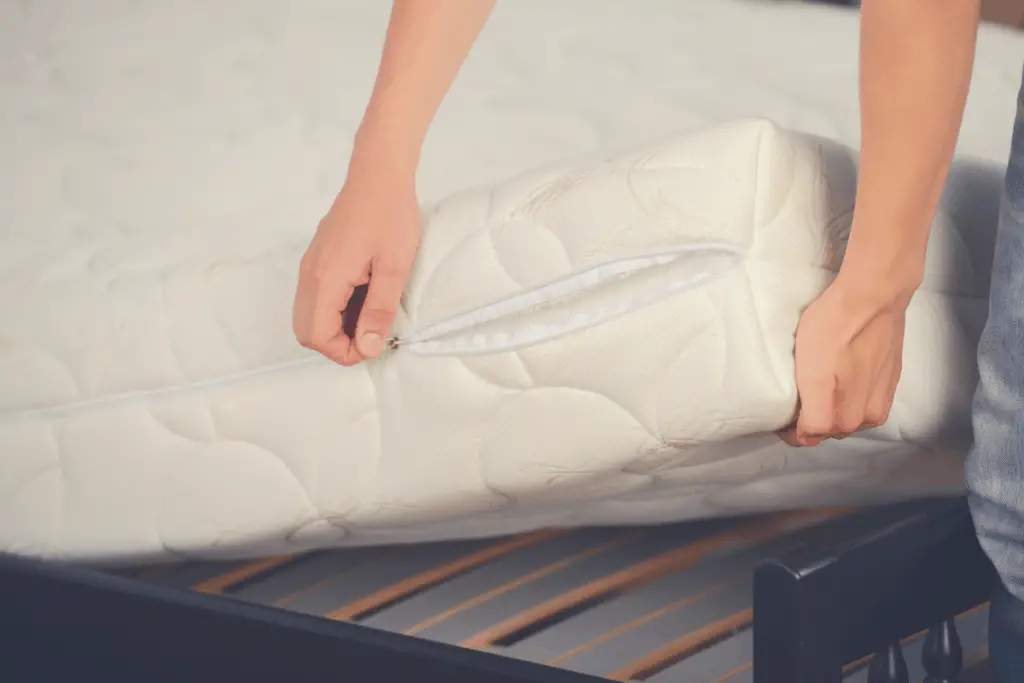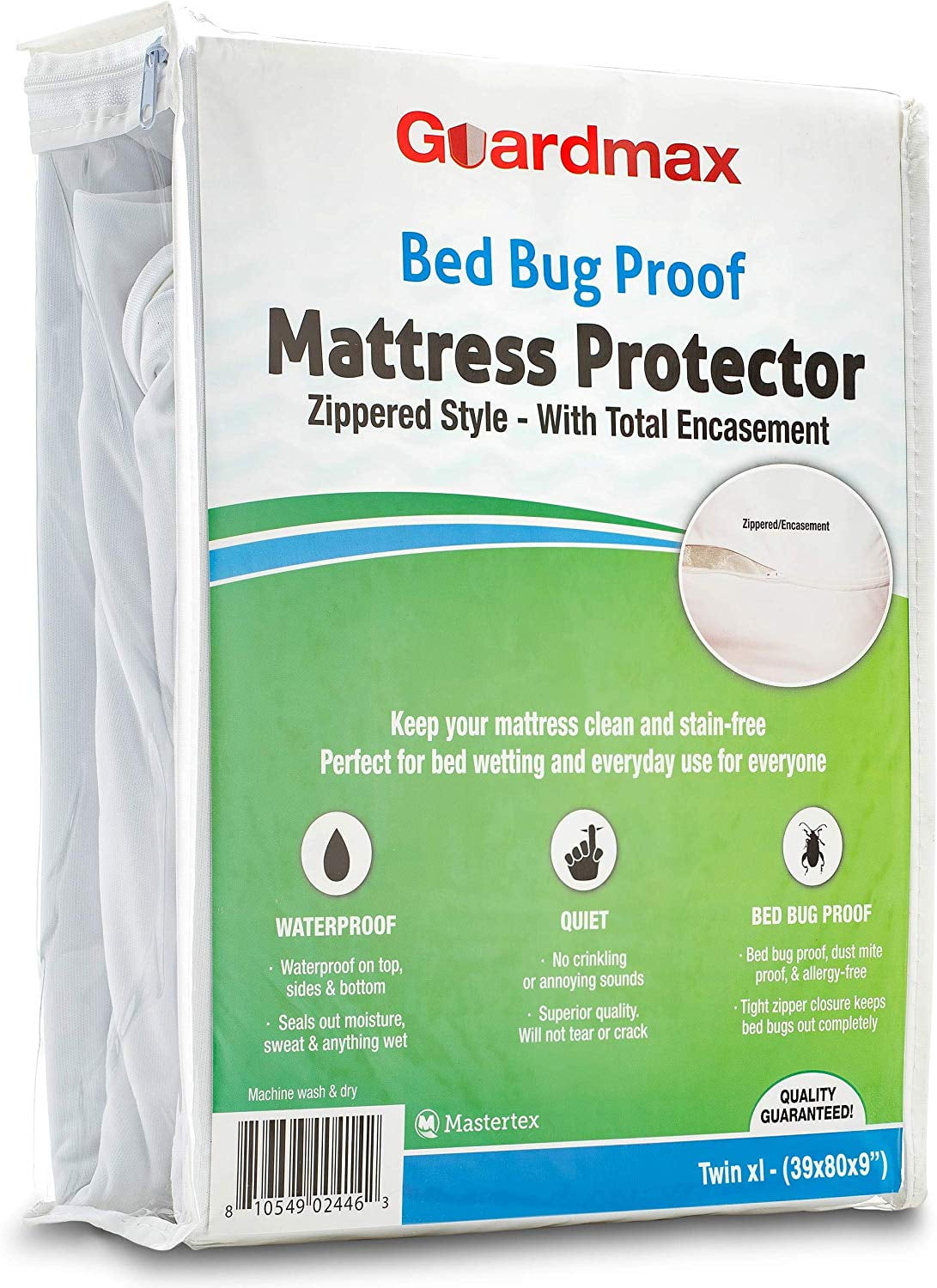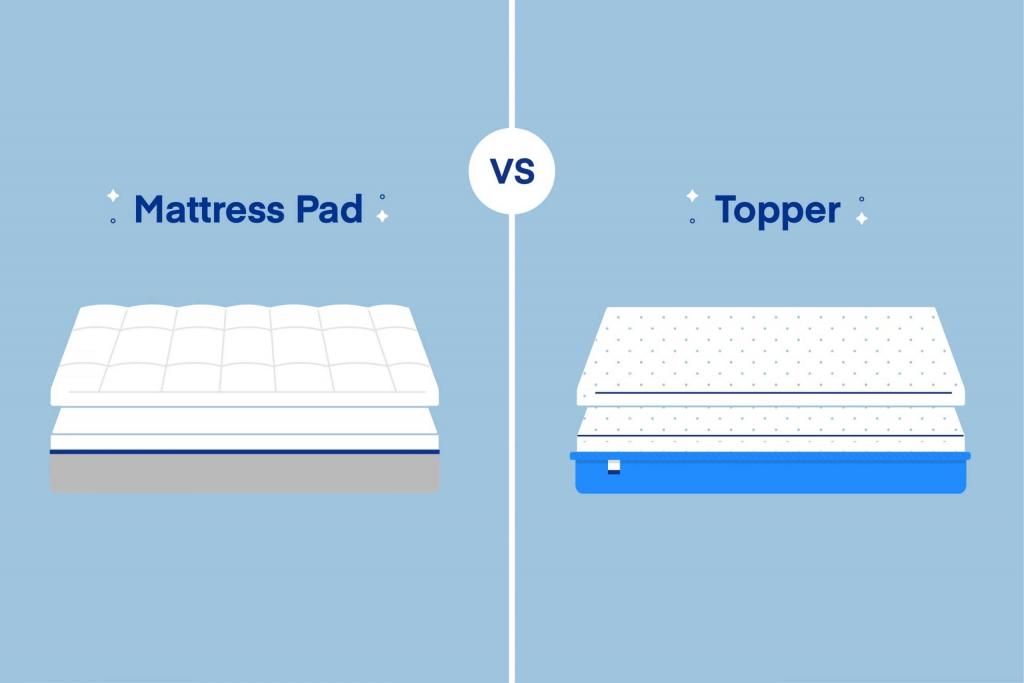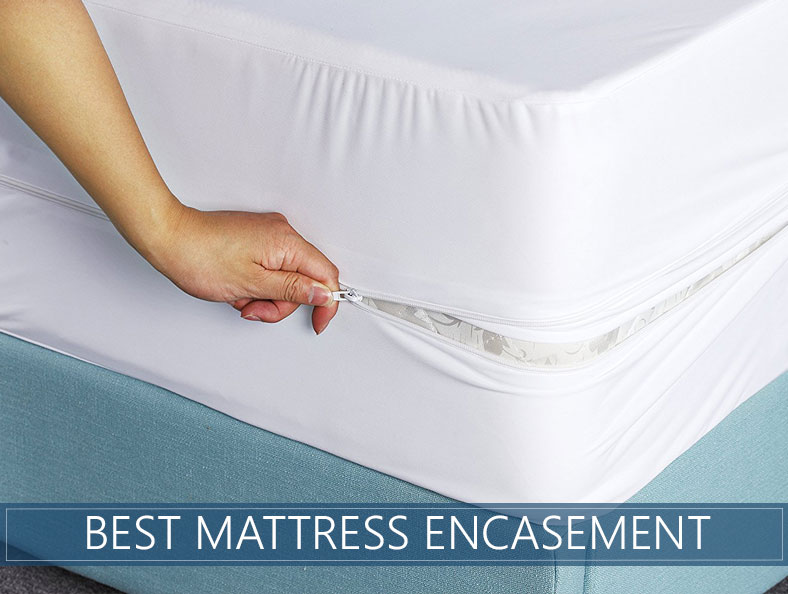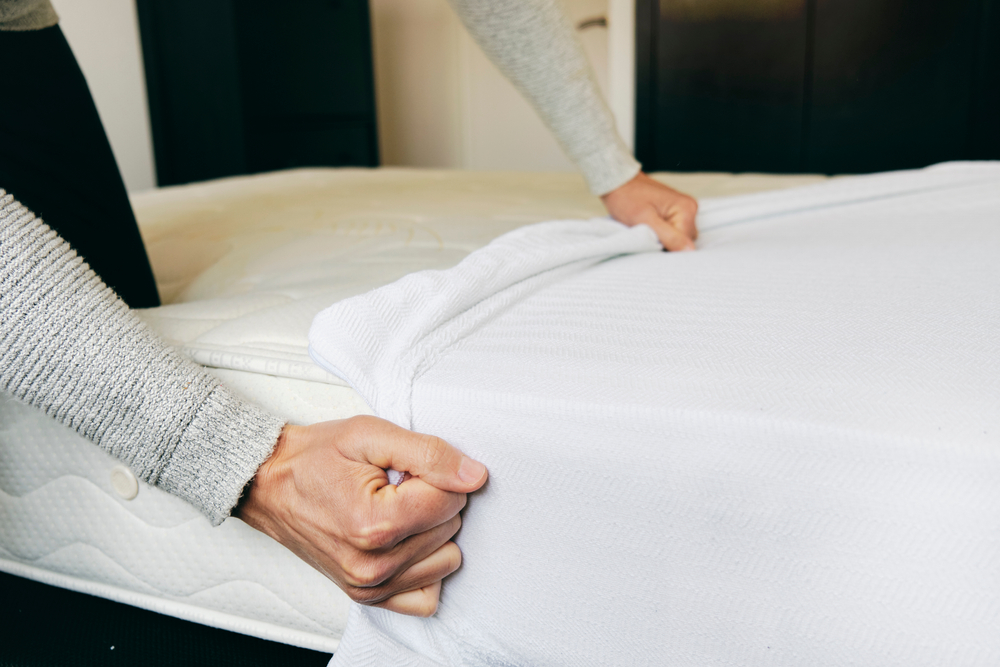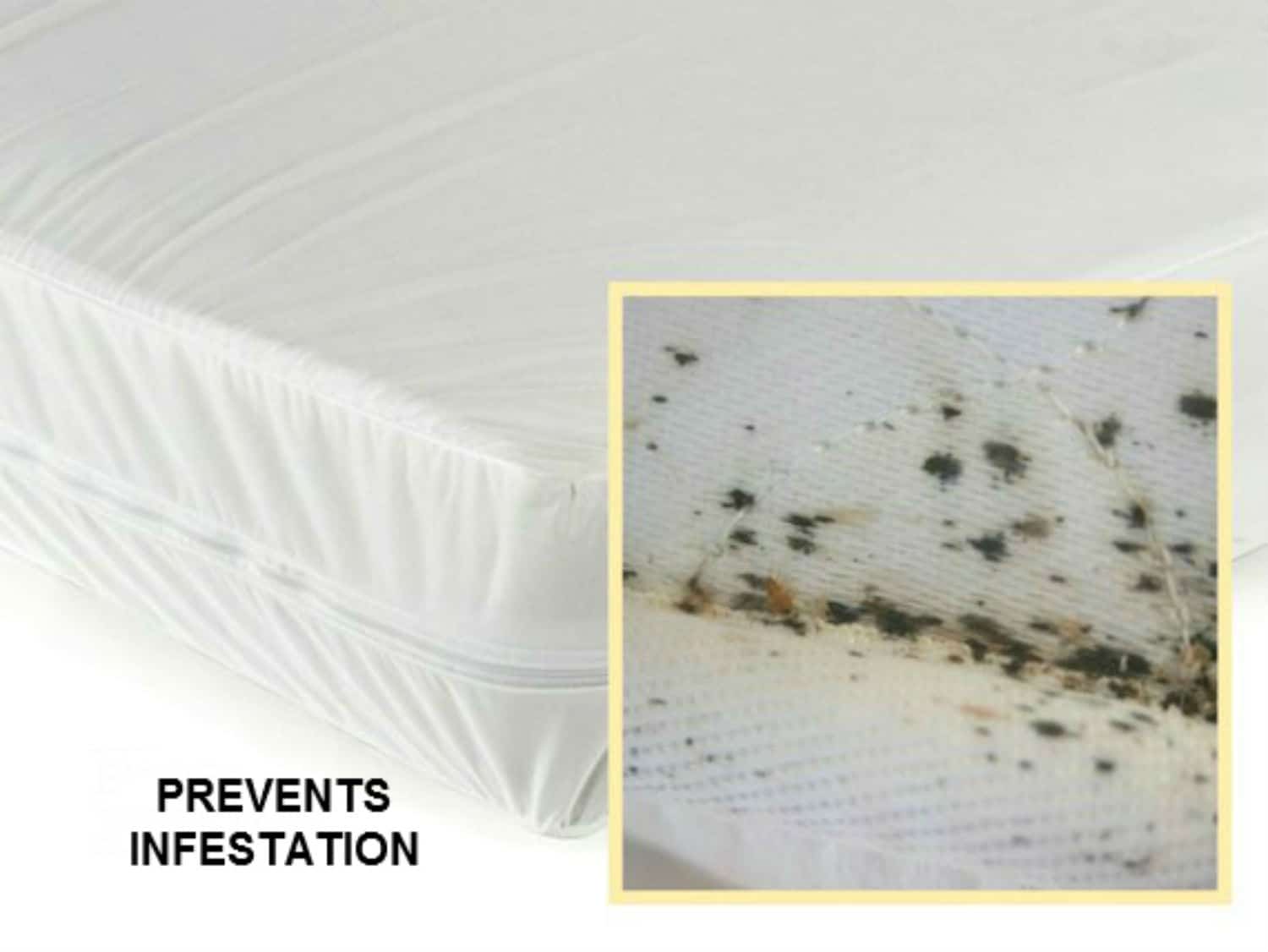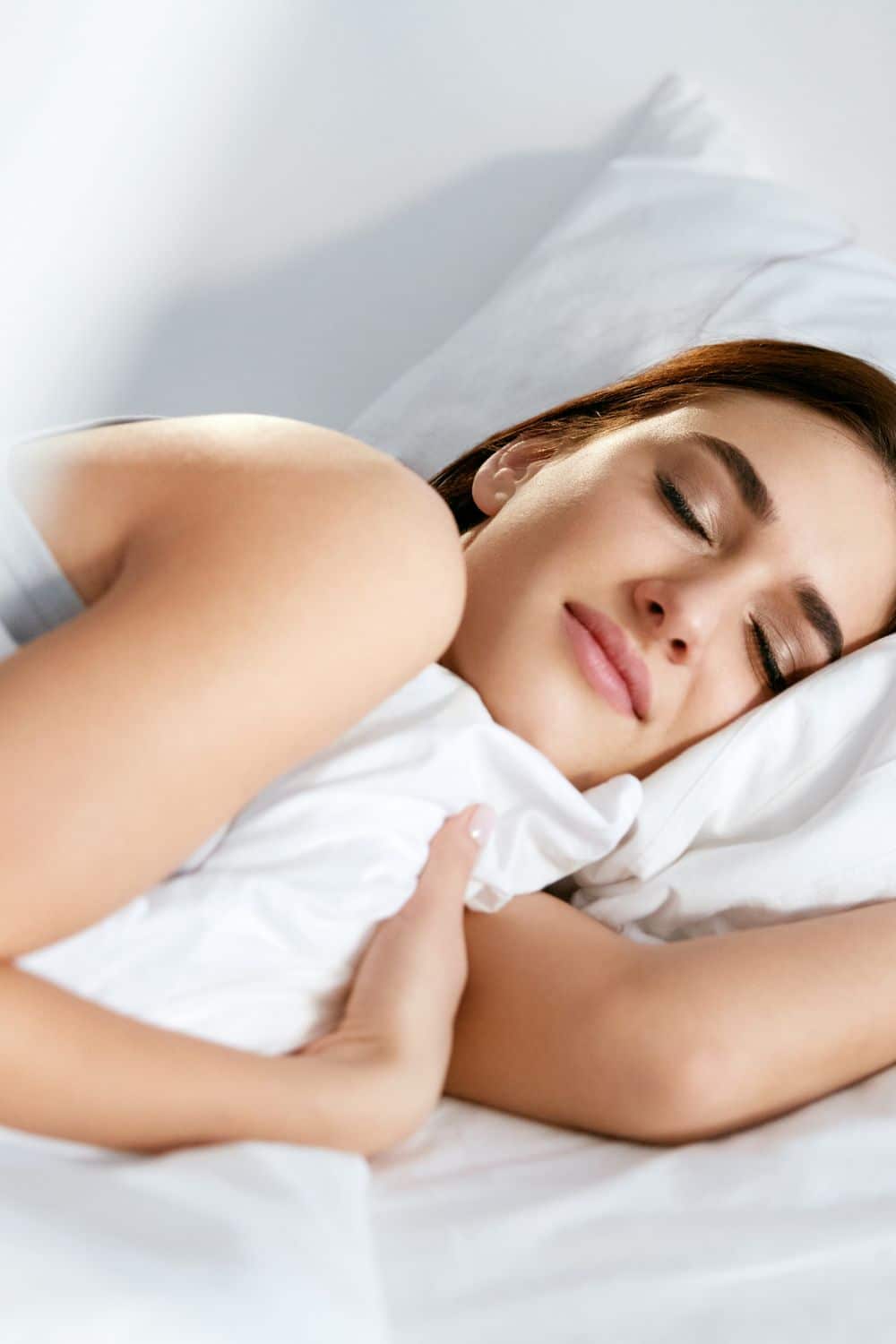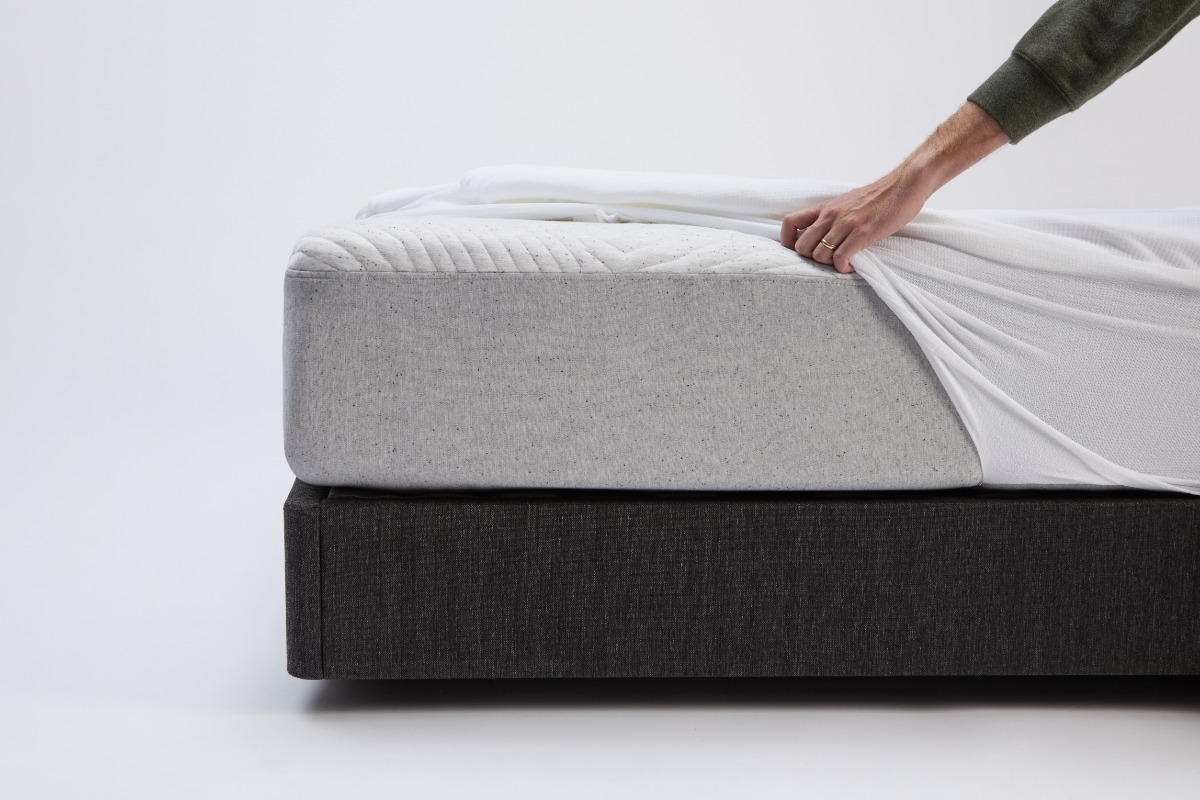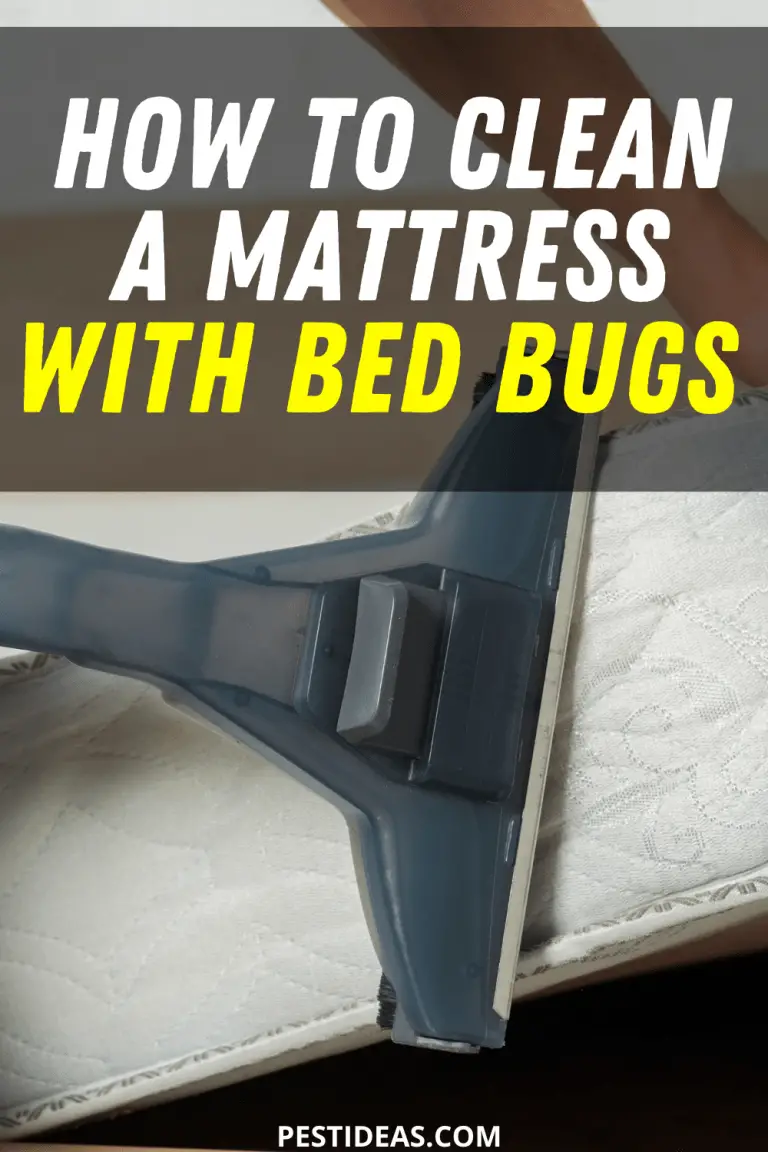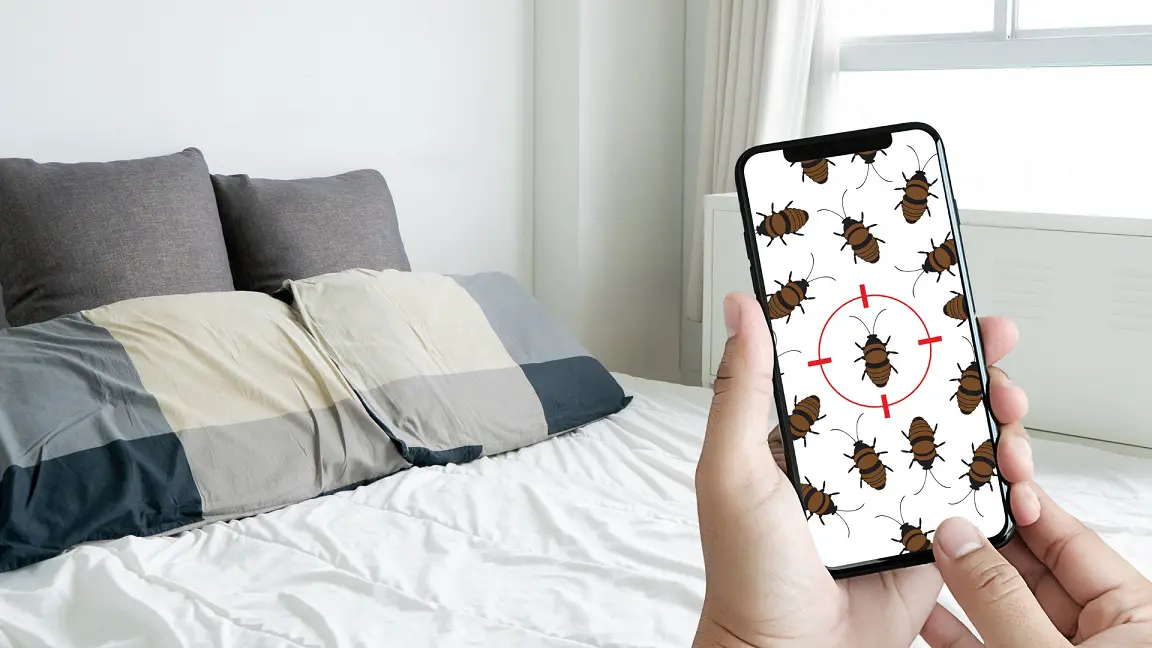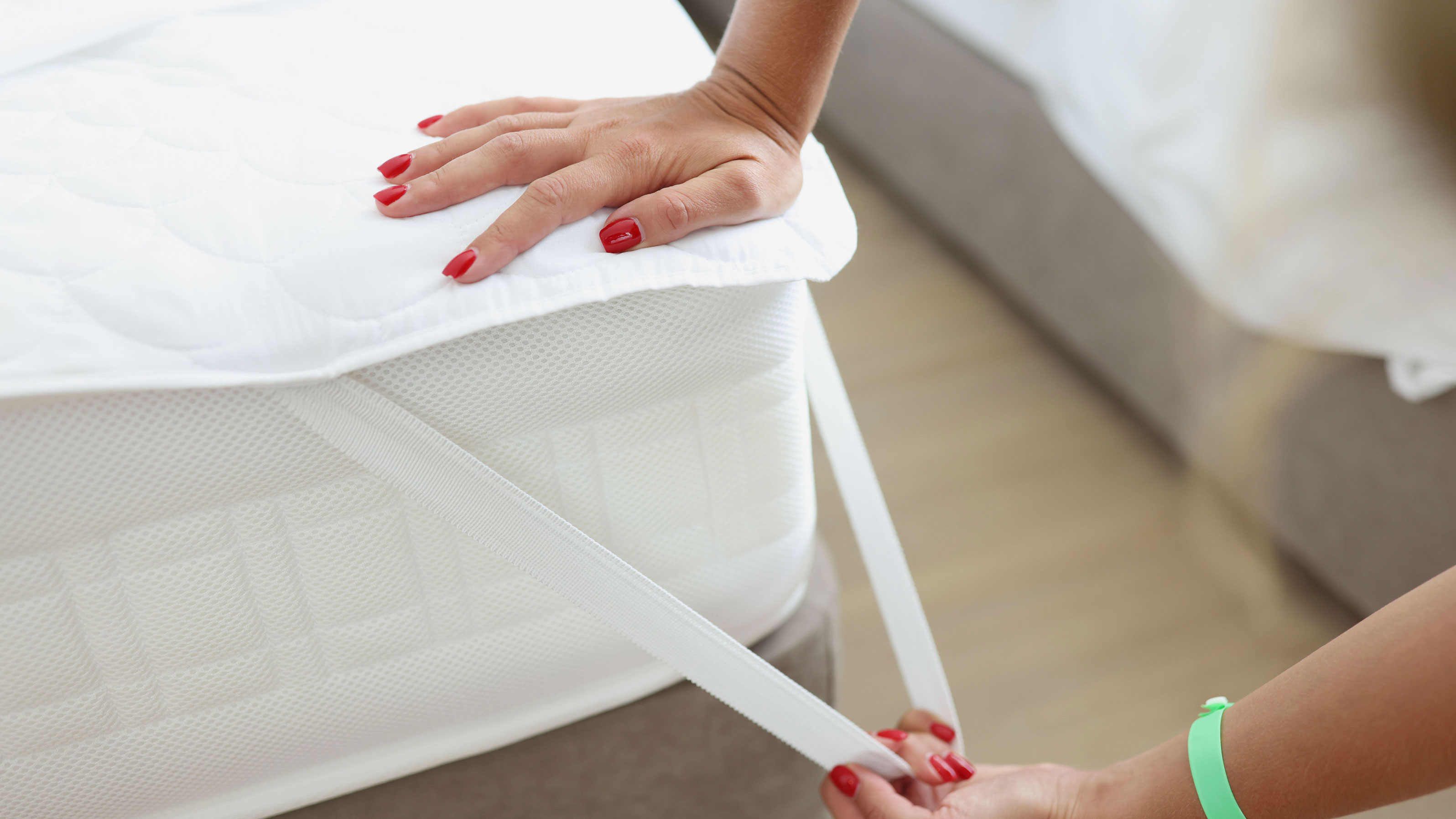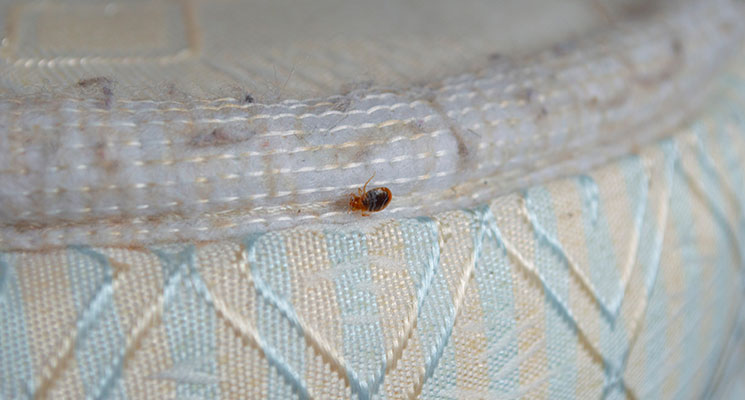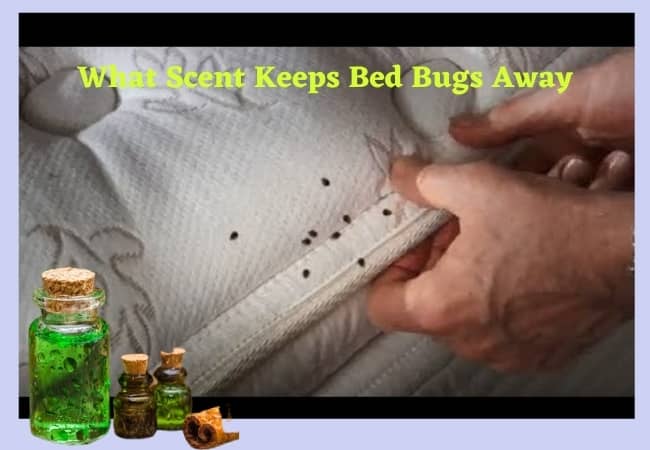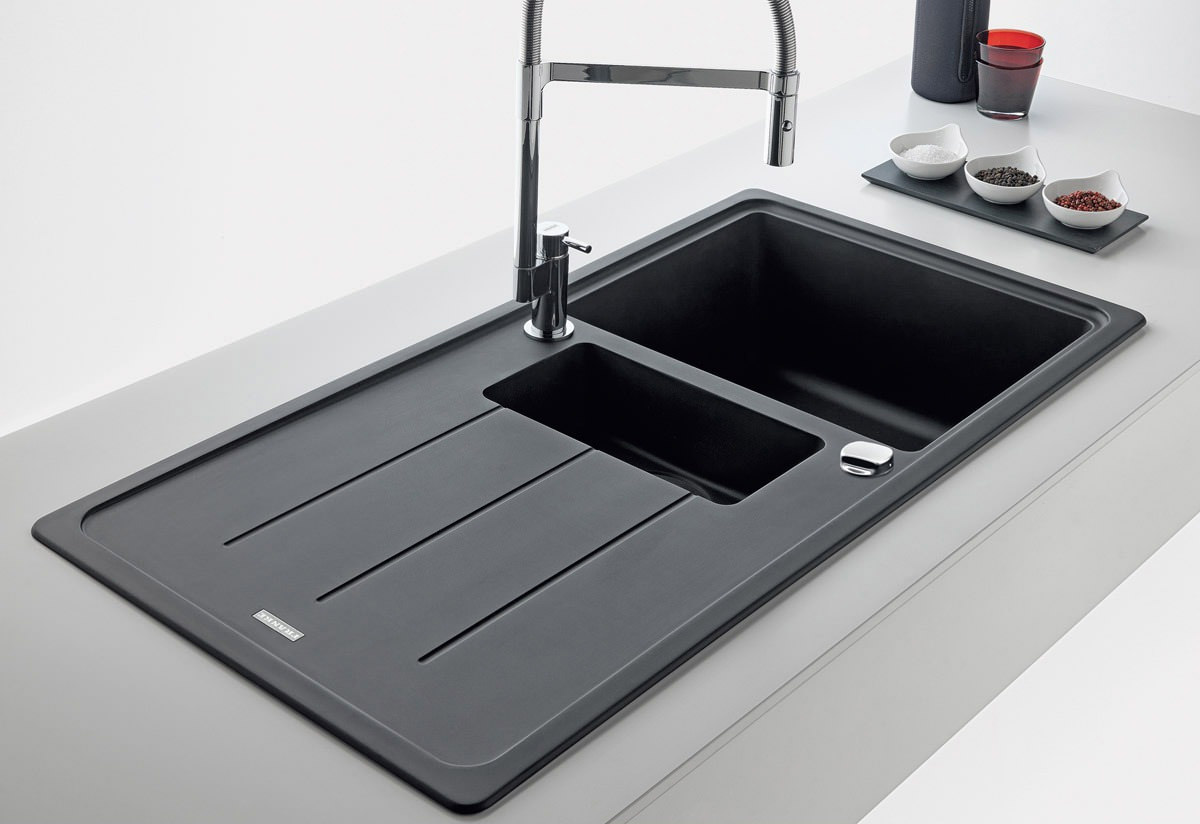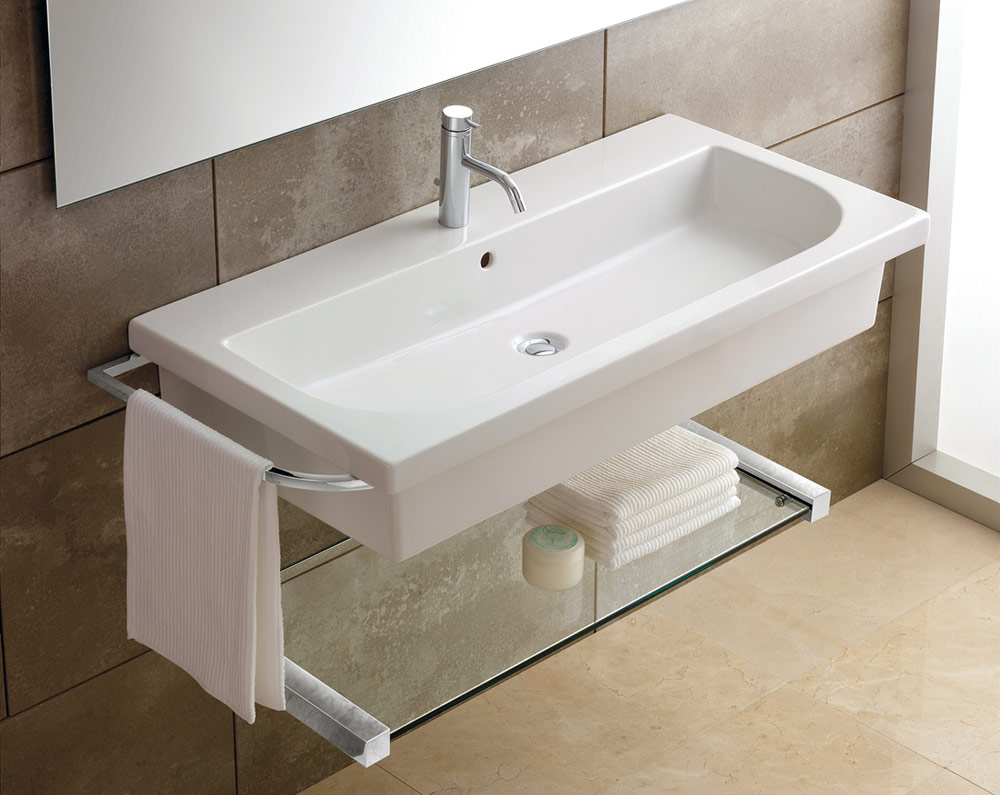If you're worried about bed bugs invading your sleep sanctuary, then you may have considered investing in a mattress protector. But the big question is, do mattress protectors actually stop bed bugs? The answer is both yes and no. A mattress protector alone cannot completely prevent bed bug infestations. Bed bugs are tiny, resilient creatures that can easily squeeze through the zipper or seams of a mattress protector. However, a mattress protector can play a crucial role in preventing bed bugs from infesting your mattress and making it more difficult for them to survive and reproduce. So while a mattress protector may not be a foolproof solution, it's still an essential tool for protecting your mattress and your sleep from bed bugs.Do Mattress Protectors Stop Bed Bugs?
Now that we've established that mattress protectors can help keep bed bugs at bay, let's explore some other steps you can take to prevent these pesky critters from invading your mattress. The first line of defense is to regularly inspect your mattress for any signs of bed bugs, such as tiny brown or reddish stains or shed skins. If you notice any, it's important to take immediate action to eliminate the infestation. In addition to using a mattress protector, it's also helpful to keep your bedroom clean and clutter-free. Bed bugs love to hide in clutter, so keeping your room tidy and vacuuming regularly can help reduce their hiding spots. You can also use bed bug-proof mattress encasements to completely seal your mattress and box spring, making it nearly impossible for bed bugs to enter or escape. This, combined with a mattress protector, provides the best defense against bed bug infestations.How to Keep Bed Bugs Out of Your Mattress
Aside from bed bug protection, there are several other benefits to using a mattress protector. Let's take a look at some of them: 1. Stain and spill protection: Mattress protectors act as a barrier between your body and your mattress, preventing any spills or stains from seeping through and damaging your mattress. 2. Allergy relief: Mattress protectors can also help reduce allergies by blocking dust mites and other allergens from settling into your mattress. 3. Comfort and noise reduction: Some mattress protectors are made with soft, breathable materials that can make your sleep experience more comfortable. They can also reduce any annoying rustling or squeaking noises that some mattresses make.Benefits of Using a Mattress Protector
As mentioned earlier, mattress protectors alone cannot completely prevent bed bug infestations. However, they can be an effective tool in your overall bed bug prevention plan. Some mattress protectors are specifically designed to have a tight weave that makes it difficult for bed bugs to penetrate. They may also be treated with insecticides or other bed bug-repelling substances. Just be sure to check the manufacturer's instructions for proper use and any potential risks. The best way to prevent bed bugs is to use a combination of strategies, including regular inspections, cleanliness, and the use of bed bug-proof encasements and mattress protectors.Can a Mattress Protector Prevent Bed Bug Infestations?
When it comes to choosing a mattress protector for bed bug protection, there are a few key factors to consider: 1. Material: Look for a mattress protector made with a tightly woven fabric, such as polyester or polypropylene, as this will make it more difficult for bed bugs to penetrate. 2. Encasement vs. fitted: Both encasements and fitted mattress protectors can be effective, but encasements provide a more complete barrier against bed bugs. 3. Waterproofing: Some mattress protectors also offer waterproofing, which can come in handy in case of spills or accidents. 4. Size and fit: Be sure to choose a mattress protector that fits your mattress snugly and has a secure closure, such as a zipper or elastic bands. Some top-rated mattress protectors for bed bug protection include SafeRest Premium Hypoallergenic Waterproof Mattress Protector, Linenspa Zippered Encasement Mattress Protector, and SureGuard Mattress Encasement.Top Mattress Protectors for Bed Bug Protection
With so many options on the market, it can be overwhelming to choose the right mattress protector for your needs. Here are some tips to help you make the best decision: 1. Look for bed bug-specific features: As mentioned earlier, some mattress protectors are specifically designed to repel bed bugs. Look for those that are treated with insecticides or have a tight weave. 2. Consider your budget: Mattress protectors can range in price from under $20 to over $100, so consider what you're willing to spend and what features are most important to you. 3. Check the warranty: Some mattress protectors come with warranties that cover bed bug infestations, so be sure to read the fine print before making your purchase. 4. Read reviews: Reading reviews from other users can give you a good sense of the effectiveness and durability of a particular mattress protector. Ultimately, the best mattress protector for bed bug prevention is one that suits your needs and budget and provides the level of protection you're looking for.How to Choose the Right Mattress Protector for Bed Bug Prevention
Waterproof mattress protectors are designed to repel moisture, such as spills or accidents, and prevent them from seeping into your mattress. However, they can also provide an extra layer of protection against bed bugs. Since bed bugs are attracted to warmth and moisture, a waterproof mattress protector can make your mattress less appealing to them. Plus, the waterproofing may make it more difficult for bed bugs to penetrate and survive in your mattress. So while a waterproof mattress protector may not be specifically designed for bed bug prevention, it can still be a useful tool in your arsenal against these pesky pests.Do Waterproof Mattress Protectors Also Protect Against Bed Bugs?
We've mentioned both mattress protectors and encasements as effective tools for bed bug protection, but which one is better? The answer depends on your specific needs and preferences. Mattress protectors are typically fitted sheets that cover the top and sides of your mattress, while encasements are like a full-body suit for your mattress, completely covering it and sealing it with a zipper. This makes encasements a more comprehensive barrier against bed bugs. However, encasements can be more expensive and may be more difficult to remove and wash. Mattress protectors, on the other hand, are easier to remove and wash, but may not provide as complete protection as encasements. Ultimately, either option can be effective in preventing bed bug infestations, so it's up to you to decide which one best suits your needs and budget.Mattress Protector vs. Mattress Encasement: Which is Better for Bed Bug Protection?
To ensure your mattress protector is still providing adequate bed bug protection, it's important to replace it regularly. The general recommendation is to replace your mattress protector every 1-2 years, or sooner if it becomes damaged or shows signs of wear and tear. Regularly washing and drying your mattress protector can also help maintain its effectiveness and prolong its lifespan. Be sure to follow the manufacturer's instructions for care and maintenance.How Often Should You Replace Your Mattress Protector to Maintain Bed Bug Protection?
Now that you know the benefits and best practices for using a mattress protector to prevent bed bug infestations, here are some additional tips to help you get the most out of your investment: - Inspect your mattress regularly for any signs of bed bugs, even with a mattress protector in place. - In addition to using a mattress protector, consider using bed bug-proof pillow and box spring encasements for complete protection. - If you're traveling, bring your own mattress protector to use on hotel or Airbnb beds. - Be sure to properly seal your mattress protector, whether it's a fitted sheet or encasement, to prevent bed bugs from entering or escaping. - If you do discover a bed bug infestation, be sure to remove and wash your mattress protector in hot water to kill any remaining bugs or eggs.Tips for Using a Mattress Protector to Keep Bed Bugs Away
The Importance of Protecting Your Mattress from Bed Bugs
Why Mattress Protectors are Necessary
When it comes to keeping your home clean and free of pests, one of the biggest concerns is bed bugs. These tiny insects are known for their ability to infest mattresses and cause discomfort and irritation to those who sleep on them. This is why it is crucial to take preventative measures to keep bed bugs at bay, and one effective method is by using a mattress protector.
Bed bugs are small, oval-shaped insects that feed on human blood
. They are typically found in bedding and mattresses, as they can easily hide and reproduce in the dark and warm environment. Bed bugs can also be found in furniture, carpets, and even clothing, making it challenging to completely eliminate them once they have infested your home.
Using a mattress protector is an essential step in preventing bed bugs from infesting your mattress
. These protective covers act as a barrier between your body and the mattress, making it difficult for bed bugs to reach you. Most mattress protectors are made with
special materials that are bed bug proof
, making it nearly impossible for these pests to penetrate.
The Effectiveness of Mattress Protectors against Bed Bugs
While some may argue that mattress protectors are not 100% effective in preventing bed bugs, they are still a crucial preventative measure.
Bed bugs can easily enter your home through other means, such as luggage, clothing, or furniture
. However, by using a mattress protector, you are minimizing the chances of them infesting your bed and causing discomfort.
A mattress protector also acts as a barrier against dust mites and allergens
, which can also cause discomfort and affect your sleep quality. By using a mattress protector, you are not only protecting yourself from bed bugs, but also from other potential irritants.
Other Tips for Preventing Bed Bugs
In addition to using a mattress protector, there are other steps you can take to prevent bed bugs from infesting your home. These include regularly vacuuming and cleaning your bedding,
inspecting your luggage and clothing after traveling
, and
being cautious when bringing in second-hand furniture
. By being proactive and taking preventative measures, you can significantly reduce the chances of bed bugs entering your home.
In conclusion,
mattress protectors are an essential tool in preventing bed bug infestations
. Not only do they act as a barrier against these pesky insects, but they also protect against other potential irritants and allergens. By using a mattress protector and taking other preventative measures, you can ensure that your home remains a bed bug-free zone.
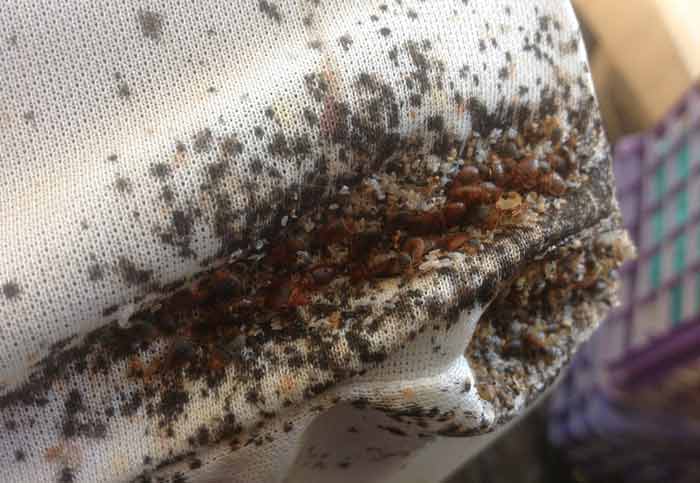

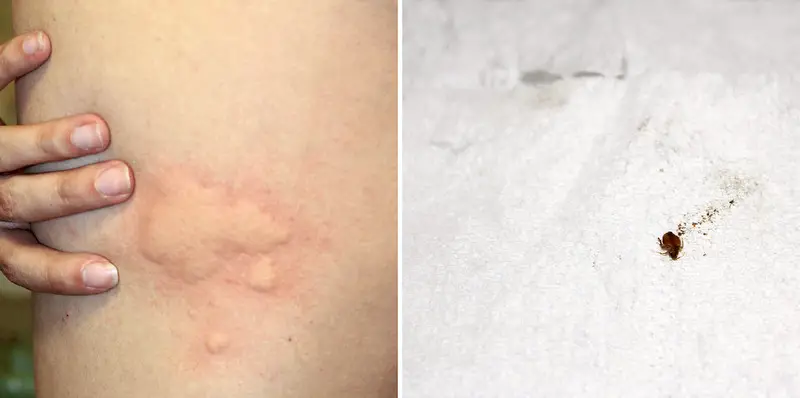
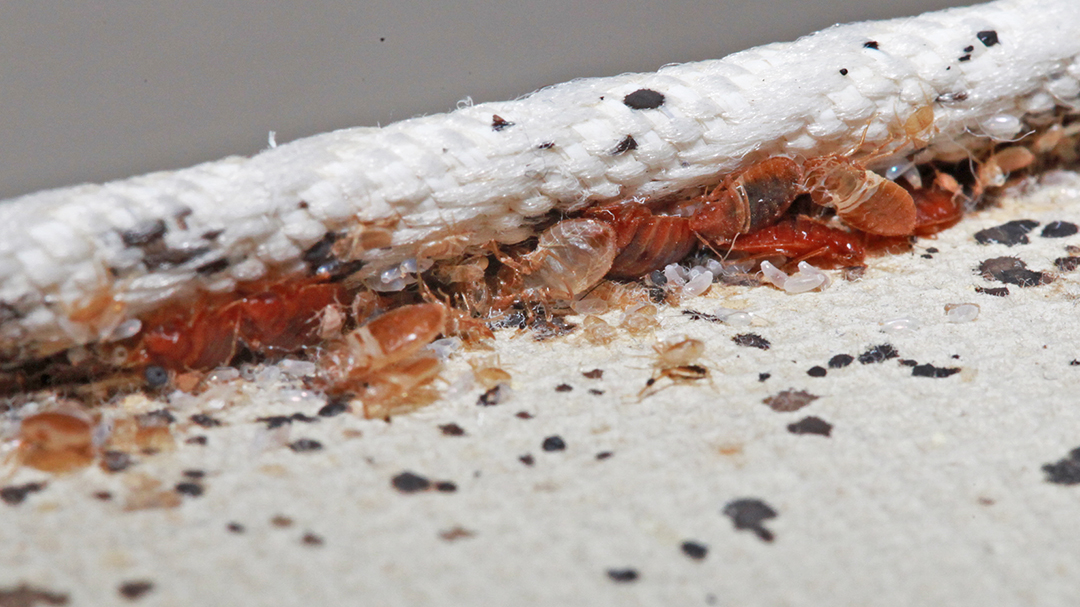


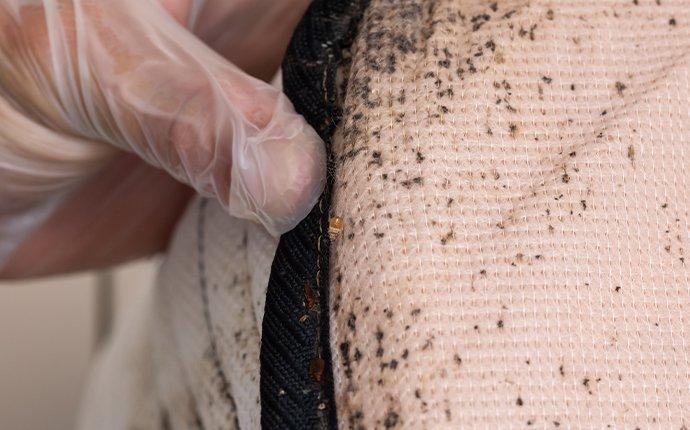
Why Mattress Protectors are Necessary
When it comes to keeping your home clean and free of pests, one of the biggest concerns is bed bugs. These tiny insects are known for their ability to infest mattresses and cause discomfort and irritation to those who sleep on them. This is why it is crucial to take preventative measures to keep bed bugs at bay, and one effective method is by using a mattress protector.
Bed bugs are small, oval-shaped insects that feed on human blood
. They are typically found in bedding and mattresses, as they can easily hide and reproduce in the dark and warm environment. Bed bugs can also be found in furniture, carpets, and even clothing, making it challenging to completely eliminate them once they have infested your home.
Using a mattress protector is an essential step in preventing bed bugs from infesting your mattress
. These protective covers act as a barrier between your body and the mattress, making it difficult for bed bugs to reach you. Most mattress protectors are made with
special materials that are bed bug proof
, making it nearly impossible for these pests to penetrate.
The Effectiveness of Mattress Protectors against Bed Bugs
While some may argue that mattress protectors are not 100% effective in preventing bed bugs, they are still a crucial preventative measure.
Bed bugs can easily enter your home through other means, such as luggage, clothing, or furniture
. However, by using a mattress protector, you are minimizing the chances of them infesting your bed and causing discomfort.
A mattress protector also acts as a barrier against dust mites and allergens
, which can also cause discomfort and affect your sleep quality. By using a mattress protector, you are not only protecting yourself from bed bugs, but also from other potential irritants.
Other Tips for Preventing Bed Bugs
In addition to using a mattress protector, there are other steps you can take to prevent bed bugs from infesting your home. These include regularly vacuuming and cleaning your bedding,
inspecting your luggage and clothing after traveling
, and
being cautious when bringing in second-hand furniture
. By being proactive and taking preventative measures, you can significantly reduce the chances of bed bugs entering your home.
In conclusion,
mattress protectors are an essential tool in preventing bed bug infestations
. Not only do they act as a barrier against these pesky insects, but they also protect against other potential irritants and allergens. By using a mattress protector and taking other preventative measures, you can ensure that your home remains a bed bug-free zone.





The Effectiveness of Mattress Protectors against Bed Bugs
While some may argue that mattress protectors are not 100% effective in preventing bed bugs, they are still a crucial preventative measure.
Bed bugs can easily enter your home through other means, such as luggage, clothing, or furniture
. However, by using a mattress protector, you are minimizing the chances of them infesting your bed and causing discomfort.
A mattress protector also acts as a barrier against dust mites and allergens
, which can also cause discomfort and affect your sleep quality. By using a mattress protector, you are not only protecting yourself from bed bugs, but also from other potential irritants.
Other Tips for Preventing Bed Bugs
In addition to using a mattress protector, there are other steps you can take to prevent bed bugs from infesting your home. These include regularly vacuuming and cleaning your bedding,
inspecting your luggage and clothing after traveling
, and
being cautious when bringing in second-hand furniture
. By being proactive and taking preventative measures, you can significantly reduce the chances of bed bugs entering your home.
In conclusion,
mattress protectors are an essential tool in preventing bed bug infestations
. Not only do they act as a barrier against these pesky insects, but they also protect against other potential irritants and allergens. By using a mattress protector and taking other preventative measures, you can ensure that your home remains a bed bug-free zone.



Other Tips for Preventing Bed Bugs
In addition to using a mattress protector, there are other steps you can take to prevent bed bugs from infesting your home. These include regularly vacuuming and cleaning your bedding,
inspecting your luggage and clothing after traveling
, and
being cautious when bringing in second-hand furniture
. By being proactive and taking preventative measures, you can significantly reduce the chances of bed bugs entering your home.
In conclusion,
mattress protectors are an essential tool in preventing bed bug infestations
. Not only do they act as a barrier against these pesky insects, but they also protect against other potential irritants and allergens. By using a mattress protector and taking other preventative measures, you can ensure that your home remains a bed bug-free zone.





